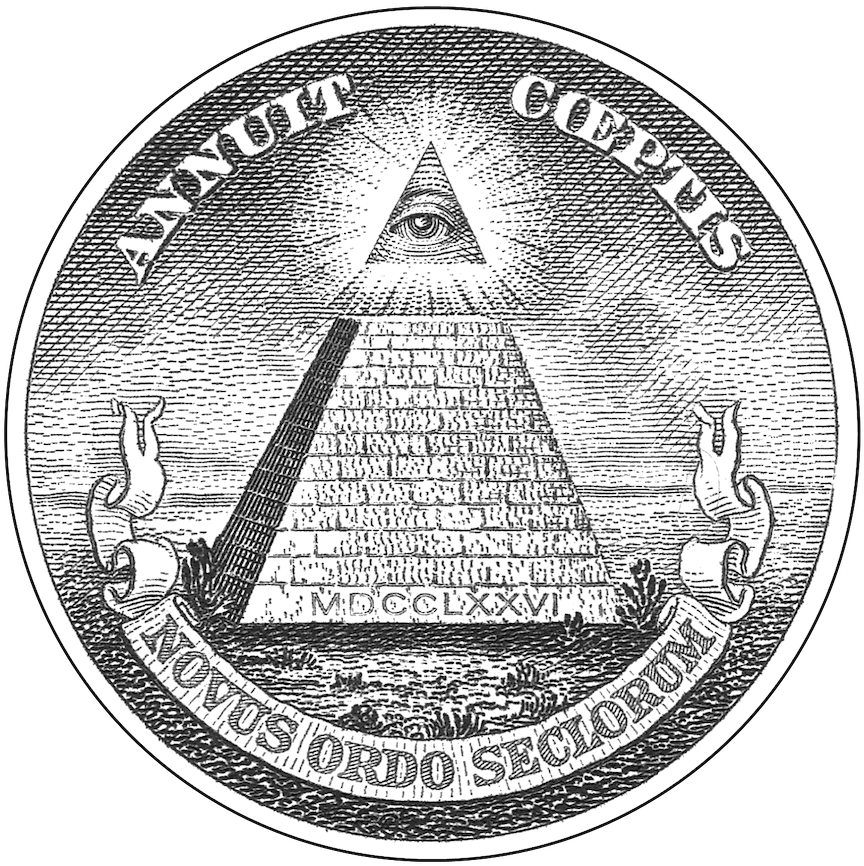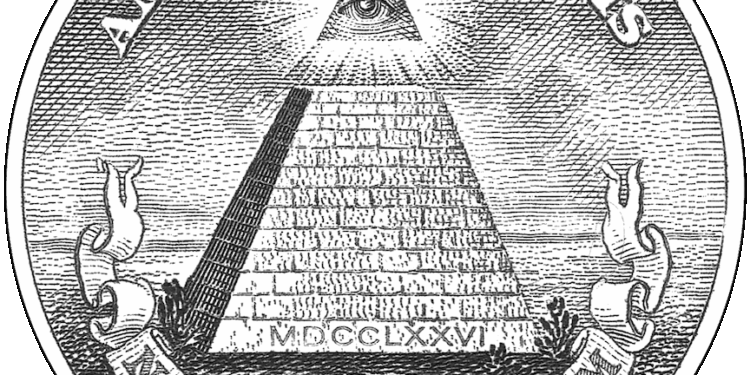Pope Leo XIV recently reaffirmed a conviction Christians have held for centuries: “institutions need people who know how to live a healthy secularism, that is, a style of thinking and acting that affirms the value of religion while preserving the distinction – not separation or confusion – from the political sphere.”
Leo gets at the heart of Saint Augustine’s understanding of saeculum, which can be roughly translated as “time,” “age,” or “era.” According to Augustine, we are living in an era when all human institutions are embraced by an ultimate sacred history that will be fulfilled in Christ’s second coming.
Christians, therefore, enlightened by the Gospel, are obliged to act within those institutions and exert influence upon them in a way that attests to, upholds, and promotes not only the dignity of the human person as created in God’s image and redeemed by Christ, but – as Russell Hittinger has argued – also the dignity of society.
In short, for Christians, “secular” is not a bad word. Far from it. It is indeed the proper way of describing reality as having already been redeemed but awaiting the full revelation of what that redemption has wrought. Because the current saeculum is not man’s ultimate horizon, secular institutions enjoy a legitimate autonomy, but only in the sense of a “distinction,” not a “separation.”
Pope Leo’s recent comments are better understood if we turn back to Benedict XVI’s pithy recapitulation of the same idea in 2006. Speaking to a group of Italian jurists, the late Pontiff said that it is the task of believers:
to formulate a concept of secularity which, on the one hand, acknowledges the place that is due to God and his moral law, to Christ and to his Church in human life, both individual and social; and on the other, affirms and respects the “rightful autonomy of earthly affairs,” if by this phrase, as the Second Vatican Council reaffirms, is meant man’s “gradual discovery, exploitation and ordering of the laws and values of matter and society.” (Gaudium et Spes, 36)
Benedict uses the medieval conception of saeculum as a foil against which to contrast the post-modern conception. In the Middle Ages, “secular” simply designated a distinction between civil and ecclesiastical powers. Man’s ultimate destiny lies outside of time, so his ultimate destiny should be the concern of the Church. But man lives in time nonetheless, so secular institutions are necessary to oversee matters concerning man’s temporal needs.
The focus of politics must be the goods of this temporal order, primarily the earthly peace that Augustine calls tranquillitas ordinis, the “tranquility of order.” The focus of the Church must be on safeguarding the contents of divine revelation and the dispensation of the sacraments that lead souls to Heaven.
There is a need for both princes and bishops, though there were many times in the Middle Ages when one would usurp the other. Attempts to resolve such conflicts, however, always relied on a proper understanding of the secular as defined by Augustine and explained by Benedict. In this sense, as Larry Siedentop writes, “secularism is Christianity’s gift to the world.”

Robert Reilly explains: “Christianity itself supported and defended the secularization necessary for the development of constitutionalism. The distinction between God and Caesar, so essential to the separate sovereignties of Church and State, has only one font (i.e., Christianity).”
Clearly, Pope Leo XIV, in one form or another, wants to advance the crucial project Benedict XVI undertook of reminding the world of this gift.
Benedict was keen on reminding the world that the post-modern notion of the secular has completely overturned the medieval conception. “It has come to mean the exclusion of religion and its symbols from public life and confining them to the private sphere and to individual conscience,” he said.
It is this attitude that turned “secular” into a bad word, at least for Christians.
It is a misplaced understanding that attempts to justify the total separation of Church and State, leaving no room for the former to intervene in social life and the conduct of citizens. It implies that the political is an a-religious realm that must be protected from the taint of religious belief.
A reappreciation of what Augustine, Benedict, and Leo are after is crucial in a time when many are losing hope in today’s political institutions and calling for a serious turn to some kind of “post-liberal” order.
If, as Patrick Deneen argues, “liberalism” entails a fundamental change from a classical definition of “liberty” to a modern one according to which I am free to dispose of my property in whatever way I want, then we obviously have a problem.
If, however, the freedom implied by liberalism is meant to be tempered by the words and actions of Christians working in the public sphere according to a proper understanding of the “secular,” then there is no reason to restrict that freedom by external political structures.
In other words, if Christians are not only permitted but obliged to act and speak in the “secular” realm as Christians – and if the State is obliged to allow them to act and speak as such – then there would be a robust voice in the public sphere for the responsible use of freedom on the part of citizens to exercise it for the public good precisely be placing whatever restraints are necessary upon it themselves.
In short, retrieving a proper understanding of the “secular” – one resoundingly positive in the Augustinian sense – will inspire Christians to promote the public good far more effectively than devising a post-liberal state that somehow restricts human freedom for the purpose of redirecting the will of its citizens to the ultimate good.
The “healthy secularism” Pope Leo XIV has in mind – the same secularism Benedict XVI endeavored to remind Europe and the West of – holds greater promise for human flourishing than caving into the bad secularism that calls for the curtailment of human freedom by external means.
* Annuit Cœptis is translated by the U.S. State Department, the U.S. Mint, and the U.S. Treasury as, “He [God] has favored our undertakings” (brackets in original). [Text (and above image) source: Wikipedia]











